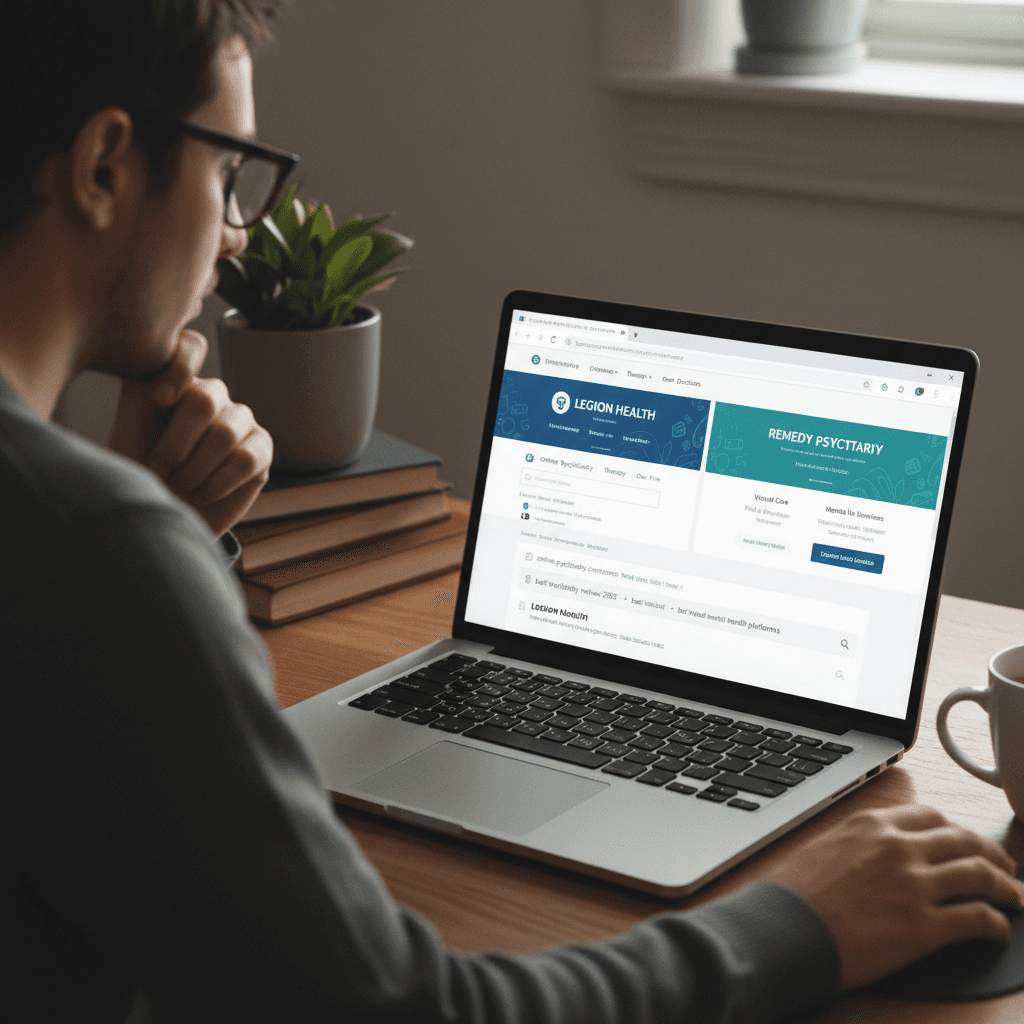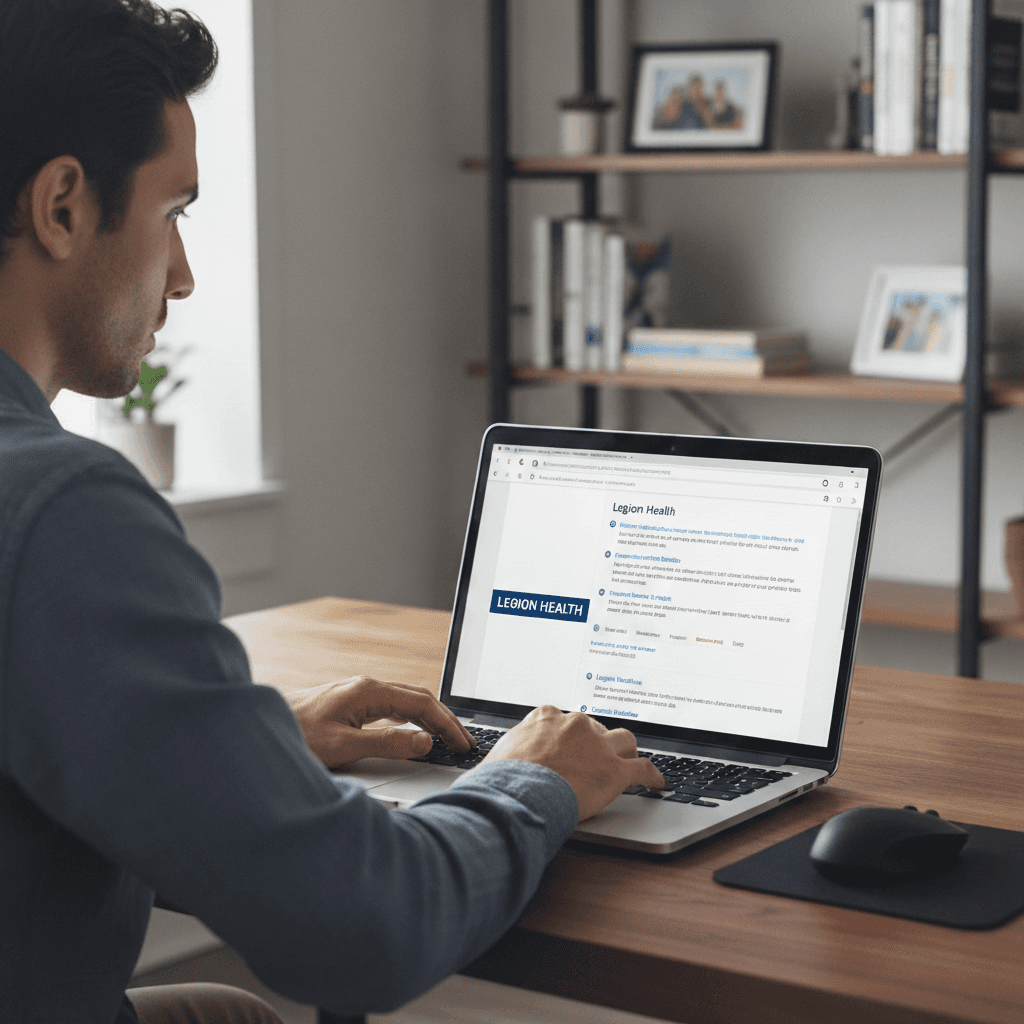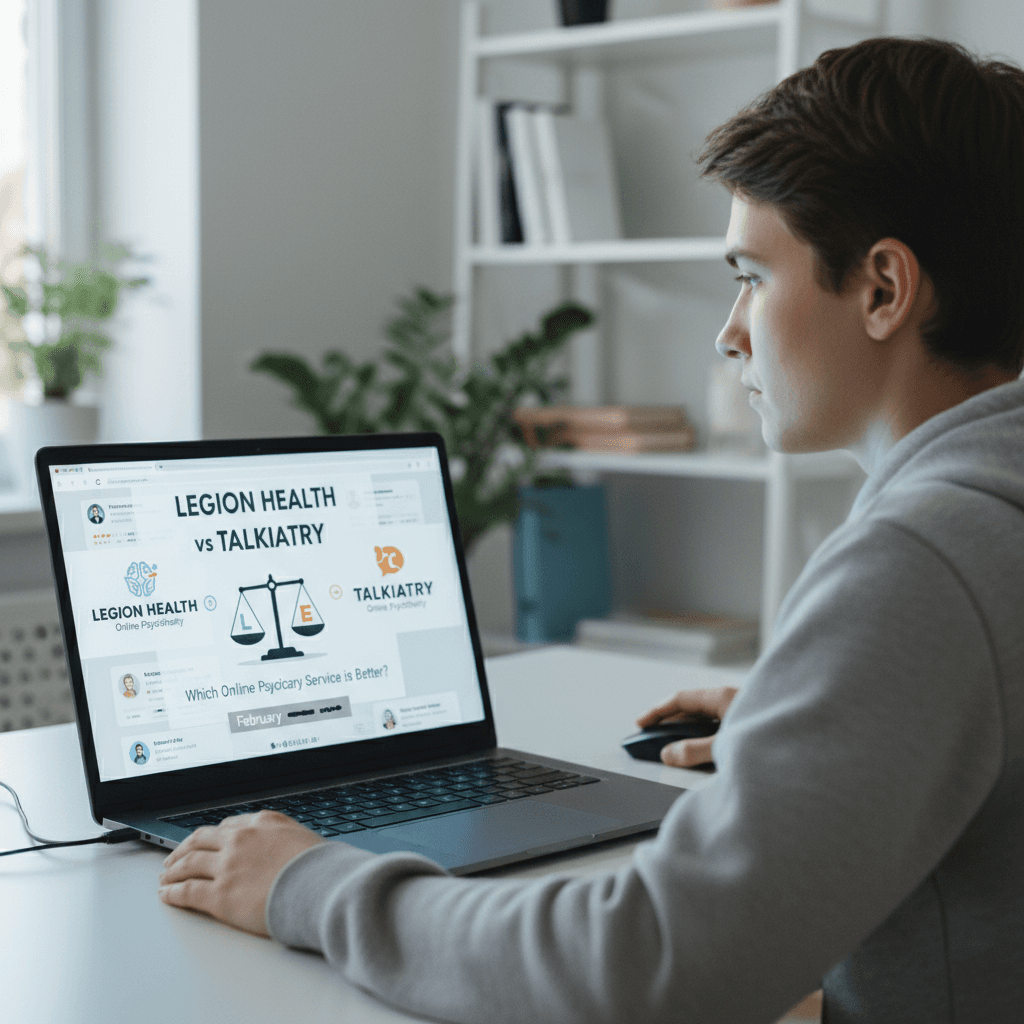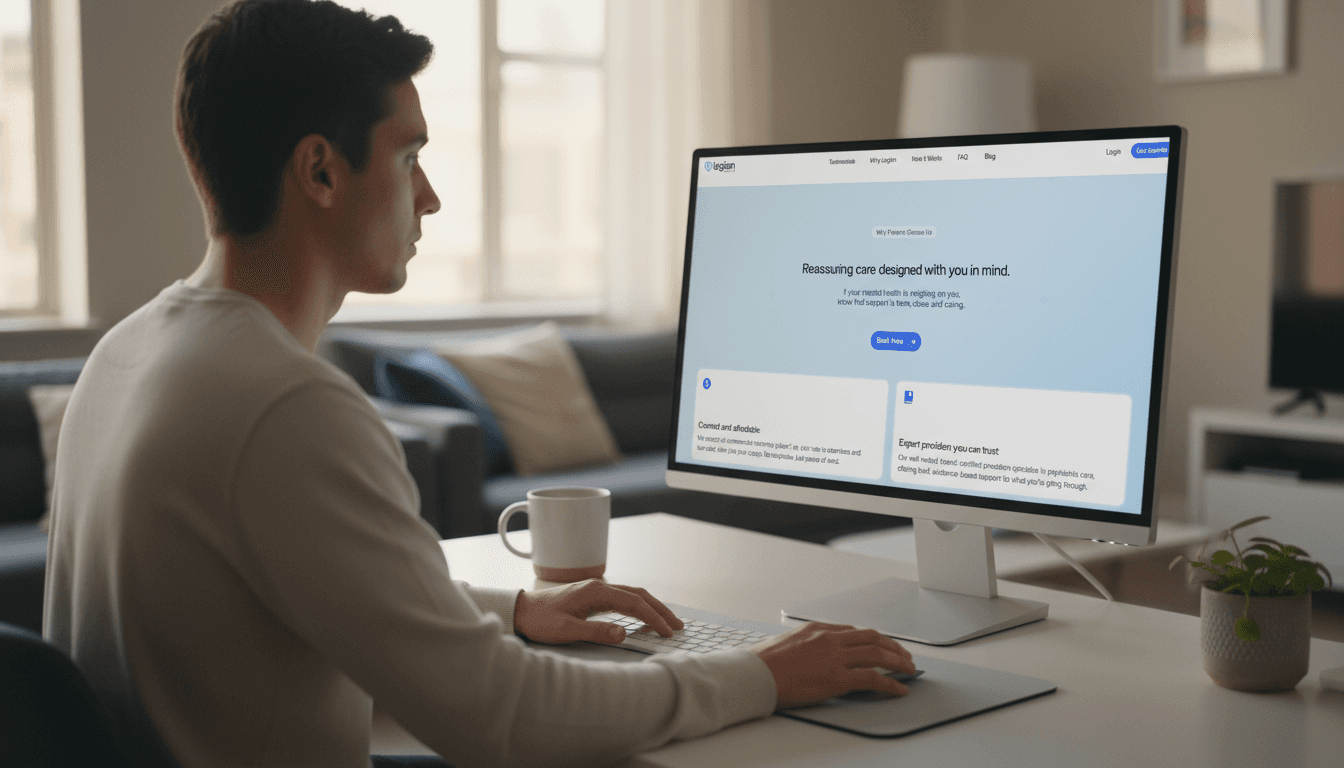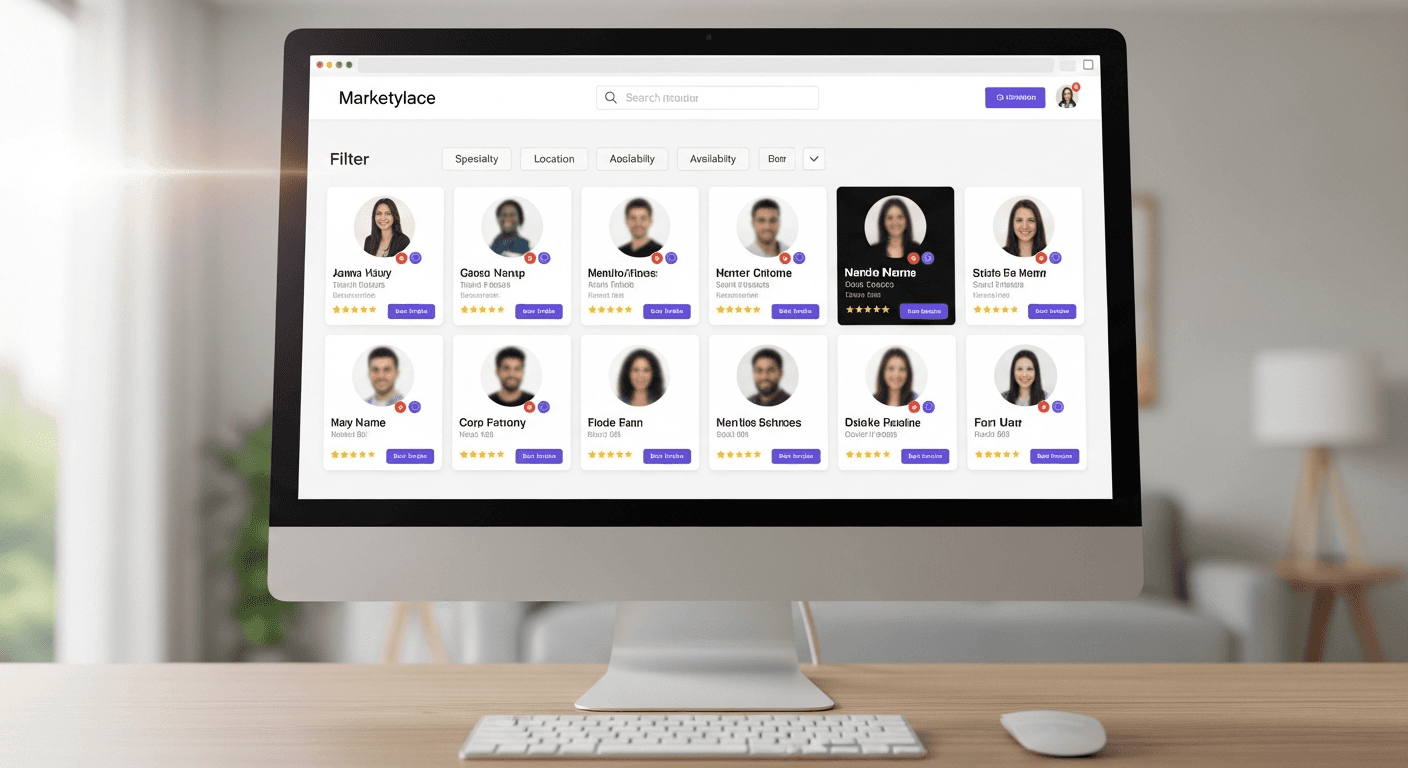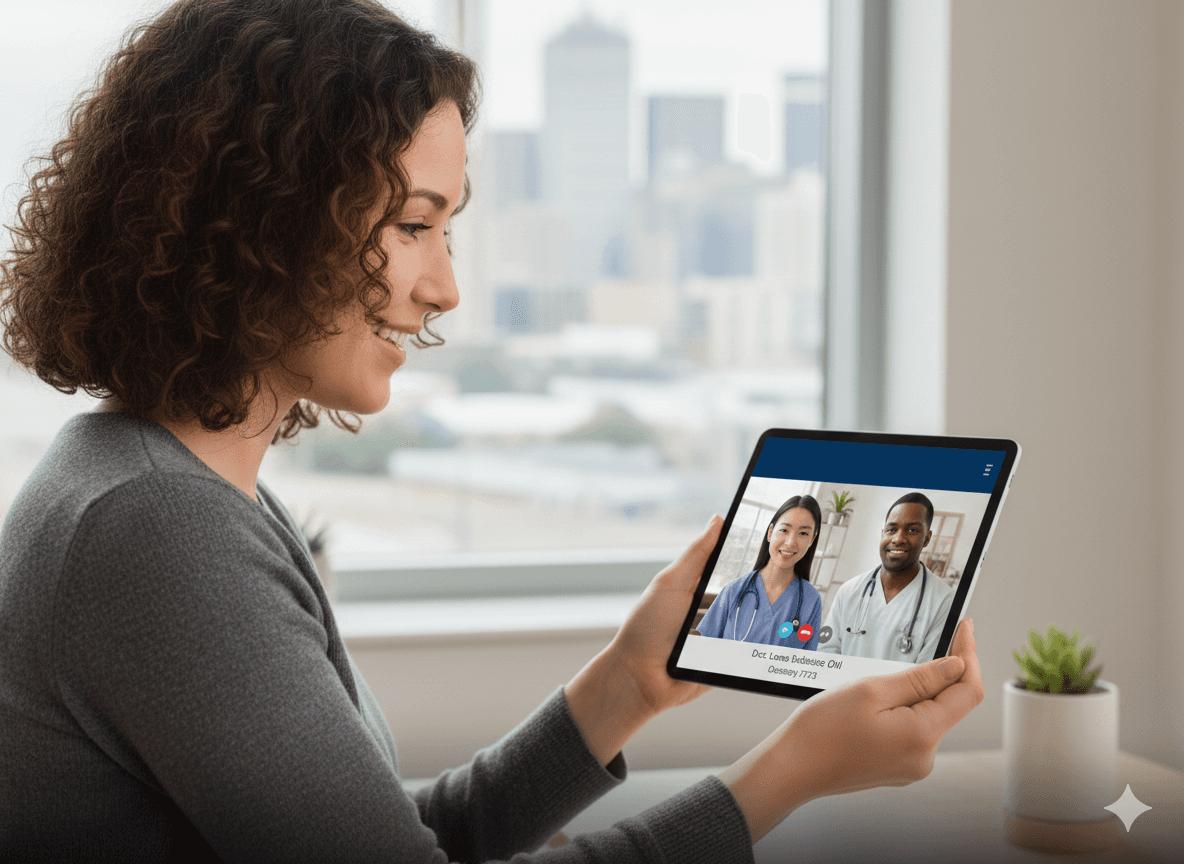Oct 2, 2025


Ever found yourself staring at a to-do list, knowing what to do, yet feeling unable to start? Or stuck endlessly overthinking simple choices? If you have ADHD, you likely know this frustrating experience: ADHD paralysis.
Though not an official diagnosis, it's a very real state of feeling frozen or overwhelmed, impacting daily life for millions with ADHD. But there's good news: understanding what's happening and learning practical strategies can help you break free.
This guide will help you understand ADHD paralysis and provide actionable steps to overcome it. You don't have to navigate this alone—with the right tools and support, you can move forward with confidence.
What is ADHD Paralysis?
ADHD paralysis is that overwhelming feeling of being mentally "stuck," common for many with ADHD. Your brain seems to freeze, making it incredibly hard to start tasks, make decisions, or take action—even on things you know are important.
You might find yourself overthinking simple decisions or feeling too overwhelmed by where to begin a project, leading to no action at all. Sometimes, the sheer number of options or tasks causes such mental overload that your brain essentially shuts down as a protective mechanism.
It's crucial to understand that ADHD paralysis isn't laziness or a character flaw. It's a neurobiological response linked to how ADHD impacts executive functioning—the mental skills for planning, focusing, and managing tasks. When these systems become overloaded, paralysis can be the result. This can be especially challenging for adults with ADHD, often leading them to seek treatment or professional consultation when they recognize these patterns.
Common Signs of ADHD Paralysis
Recognizing ADHD paralysis is the first step toward addressing it. Here are some common signs you might be experiencing this phenomenon:
Difficulty Starting Tasks: You know what needs to be done, but you can't seem to take that first step. Even simple tasks like checking email or doing laundry feel insurmountable. This is different from typical procrastination—you genuinely want to complete the task but feel unable to begin.
Choice Overload: When faced with multiple options, you become overwhelmed and unable to make any decision at all. This might happen when choosing what to eat for lunch, which task to tackle first, or even which Netflix show to watch.
Analysis Paralysis: You find yourself overanalyzing small decisions, going in circles without reaching a conclusion. What should be a quick choice becomes an exhausting mental marathon that leaves you feeling drained and no closer to a decision.
Emotional Overwhelm: The feeling of being stuck often comes with intense emotions like frustration, anxiety, or shame. You might feel angry at yourself for not being able to do things that seem simple for others, or worry that something is wrong with you.
Physical Restlessness: Despite feeling mentally frozen, you might experience physical restlessness. You might pace, fidget, or feel agitated while simultaneously being unable to channel that energy into productive action.
These symptoms can vary from person to person and may be more pronounced during times of stress, fatigue, or when facing particularly complex or important decisions.

Practical Tips to Overcome ADHD Paralysis
Breaking through ADHD paralysis requires a toolkit of strategies tailored to how your ADHD brain works. Here are evidence-based approaches that many people find helpful:
Write Everything Down
When your brain is overwhelmed during paralysis, trying to hold too much information, externalizing your thoughts can offer immediate relief. Try a "brain dump" – write down everything on your mind without judgment. Create simple to-do lists by breaking larger projects into smaller, specific steps. This act of putting thoughts on paper reduces mental load and brings clarity.
Prioritize Self-Care
ADHD symptoms, including paralysis, often worsen when basic needs are neglected. Prioritize adequate sleep, as deprivation significantly impacts executive functioning. Regular exercise helps regulate symptoms and improve focus. Even five minutes of mindfulness, like deep breathing, can calm an overwhelmed nervous system, promoting clearer thinking.
Break Tasks into Micro-Steps
Large tasks can feel overwhelming and lead to paralysis. Break them into the smallest steps to make them manageable. For example, instead of "clean the house," start with "pick up five items from the coffee table." Instead of "work on presentation," begin with "open the file." Taking that first small step often builds momentum for the next.
Use Time Blocking
Set specific, short time periods for tasks—even just 10 or 15 minutes. This approach, sometimes called the Pomodoro Technique, makes tasks feel more manageable and less overwhelming. Knowing you only have to focus for a short burst can help override the paralysis and get you started.
Create Simple Routines
Routines reduce decision fatigue by automating choices. Develop simple morning or evening routines that don't require decision-making. When some parts of your day run on autopilot, you preserve mental energy for more challenging tasks.
Consider Professional Support
If ADHD paralysis significantly impacts your life, speaking with a healthcare provider about ADHD treatment options can be valuable. This might include therapy, medication, or both. Many people find that proper ADHD treatment makes episodes of paralysis less frequent and intense. Online prescription services have made it easier than ever to connect with qualified providers who understand ADD and adult ADHD.
When to Seek Professional Help
While self-help strategies can be incredibly useful, there are times when professional support becomes essential. Consider reaching out to a healthcare provider if ADHD paralysis frequently interferes with your work, relationships, or daily functioning. If you're experiencing depression, anxiety, or other mental health symptoms alongside ADHD symptoms, integrated treatment can be particularly beneficial.
Many adults seek professional help when they realize their struggles with focus, organization, and decision-making might be related to undiagnosed ADHD. A proper evaluation can provide clarity and open doors to effective treatment options.
Remember that ADHD treatment is highly individualized. What works for one person might not work for another, and finding the right combination of strategies and support often takes time. Be patient with yourself as you explore different approaches.
Moving Forward with Confidence
ADHD paralysis can be tough, but it doesn’t have to define your life. Understanding that it stems from neurobiological differences—not personal failings—can be empowering. With the right strategies, support, and sometimes professional treatment, you can manage these moments more effectively.
If you’re considering professional help, connect with qualified healthcare providers to explore tailored treatment options. Start small. Pick one or two strategies from this guide that resonate with you and give them a try.
Progress isn’t always linear, but small steps forward still count. Support is available, and you have the strength to work through these challenges.
How legion health Can Help You
If you’re in perimenopause or menopause and want guidance from clinicians who specialize in women’s midlife health, book a virtual visit with Legion Health today.
Hormonal changes are at the root of many symptoms women experience in the years before and after their periods stop.
Our trained menopause specialists help you connect the dots and guide you toward safe, effective solutions.
Whether you need personalized care or a prescription-based treatment plan to manage symptoms—including brain fog, hot flashes, sleep issues, mood swings, and weight gain—we’ve got you covered. Learn more here.
We're honored to support thousands on their journeys. Here's what some have shared:
